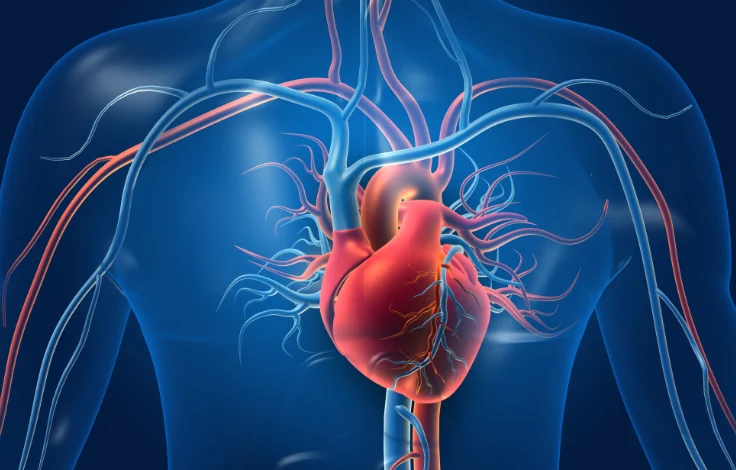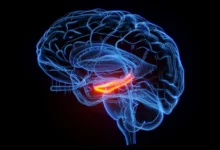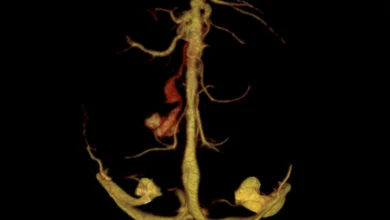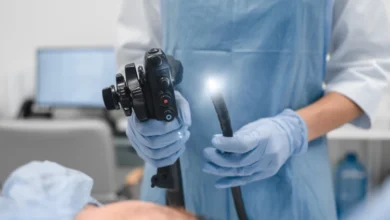Japan: 3-Minute Heart Restart System for Emergencies Developed by Scientists
Innovative Technology from Tohoku University Promises to Enhance Survival Rates in Emergency Medical Situations

Researchers at Tohoku University in Japan have developed a pioneering 3-minute heart restart system capable of restarting blood circulation in an injured heart within three minutes, a breakthrough with significant implications for emergency medical care. This innovation is particularly relevant for situations involving severe trauma, such as terrorist attacks and other public emergencies, where rapid response is critical to patient survival.
The development of this 3-minute heart restart system was spurred by the tragic assassination of former Japanese Prime Minister Shinzo Abe in July 2022. Abe was fatally shot during a political event, and the damage to his heart from the bullet was a key factor in his death. The incident underscored the urgent need for faster and more effective medical interventions in similar emergencies.
Associate Professor Yasuyuki Shiraishi and his team at Tohoku University’s Institute of Development, Aging, and Cancer spearheaded the project. The system they developed involves a meticulously coordinated sequence of procedures aimed at quickly resuming blood circulation. It includes securing the patient’s airway, performing an emergency thoracotomy to access the chest cavity, controlling bleeding, and administering transfusions.
A key component of the system is the use of an artificial pump. During the procedure, the left ventricle of the heart is punctured to attach this pump, which is then connected to the femoral artery to restore blood flow. In cases where connecting through the femoral artery is not feasible due to the injury’s location, alternative routes can be used. Additionally, the system can incorporate an artificial lung if the patient has sustained lung injuries.
The researchers emphasize that the critical window to prevent brain death following the cessation of blood circulation is extremely narrow—only three minutes. Traditional methods often fall short in such urgent scenarios, making this new system particularly valuable. The ability to resume circulation within this short timeframe could significantly enhance survival rates and outcomes for patients with severe injuries.
The team at Tohoku University is now focused on further developing and demonstrating the system. They believe that its implementation could lead to a substantial increase in the number of lives saved during emergencies. This advancement represents a significant step forward in emergency medical care, offering new hope for rapid and effective responses to life-threatening injuries.
References:
Japan: 3-minute heart restart system for emergencies developed by scientists.” Available from: https://www.japantimes.co.jp/news/2023/07/17/national/heart-restart-system








